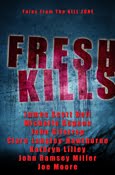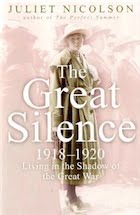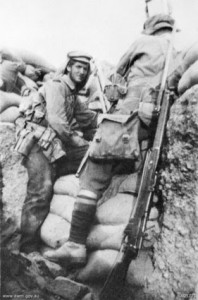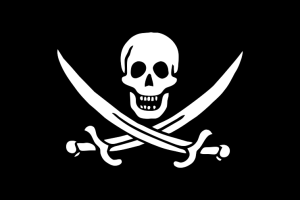USA TODAY had an interesting article on authors who have struck it big with their self-published e-books. The article featured 26-yr old Amanda Hocking of Minnesota who got tired of being rejected by traditional publishers and self-published last year. In 2010, she sold 164,000 books, with most priced between $0.99 and $2.99 per digital download. And in January, 2011 (after many readers got e-readers for Christmas), she sold 450,000 copies of her 9 paranormal titles, with three of her titles making their debut on the USA TODAY’s Bestseller list.
Her percentage of that sales price range comes in at 30-70%, respectively, but she’s making money at it. And she promotes on Facebook, Twitter, and word of mouth—and credits the popularity of the paranormal genre for much of her success.
And another paranormal e-novelist, who sold 70,000 copies since July 2010, got noticed by Random House and just signed a three-book deal.
I bring this up because of a talk I had with a neighbor this week. She got me thinking about digital download books. My neighbor had received a Nook for Christmas and was downloading books online. She was feeling pretty tech savvy, for sure. And she wanted a trip down memory lane when she used to read simple sweet romance novels, easy reads that made her happy.
Instead, she bought erotica by mistake. Now her online booksellers are sending her recommendations for the same steamy stuff she just purchased. (I’m chuckling as I write this. If you knew my neighbor, you would too.) She actually had to call the online bookstore to see if they could stop sending those recommendations to her Nook, but since it was such a new product, they couldn’t help her. But she was willing to download a book that she knew nothing about other than it was a romance and she had virtually no knowledge of the plot. She only knew it was a bargain. And she’s not alone. I’ve heard on blog posts and other places that many readers are willing to try a new author for $0.99-$2.99/book.
 Now I’ve resisted buying an e-reader so far. I’m not sure the technology is there yet and I like the feel of a book in my hands. Plus I spend way too much time in front of a computer writing that I think reading off a display might make my quirky eyesight worse. But I can see why a reader might like the option of downloading a book quickly, read it immediately without paying shipping, and maybe get it for a bargain. And I also have a couple of manuscripts “under my bed” that are only playthings for my cats. Maybe it’s time to do something with them and test the new marketplace of e-books.
Now I’ve resisted buying an e-reader so far. I’m not sure the technology is there yet and I like the feel of a book in my hands. Plus I spend way too much time in front of a computer writing that I think reading off a display might make my quirky eyesight worse. But I can see why a reader might like the option of downloading a book quickly, read it immediately without paying shipping, and maybe get it for a bargain. And I also have a couple of manuscripts “under my bed” that are only playthings for my cats. Maybe it’s time to do something with them and test the new marketplace of e-books.
I’d like to hear from anyone who has an e-reader. How do you like reading off it? Has owning one changed your book buying habits? Do you still buy print books? And is there a price point that might tempt you to try a new author?
And if you’re an author who has sold your e-books online through Amazon’s Kindle Direct Publishing, Barnes & Noble’s Pubit, Lulu, Smashwords, and other locations—how has that worked for you?







